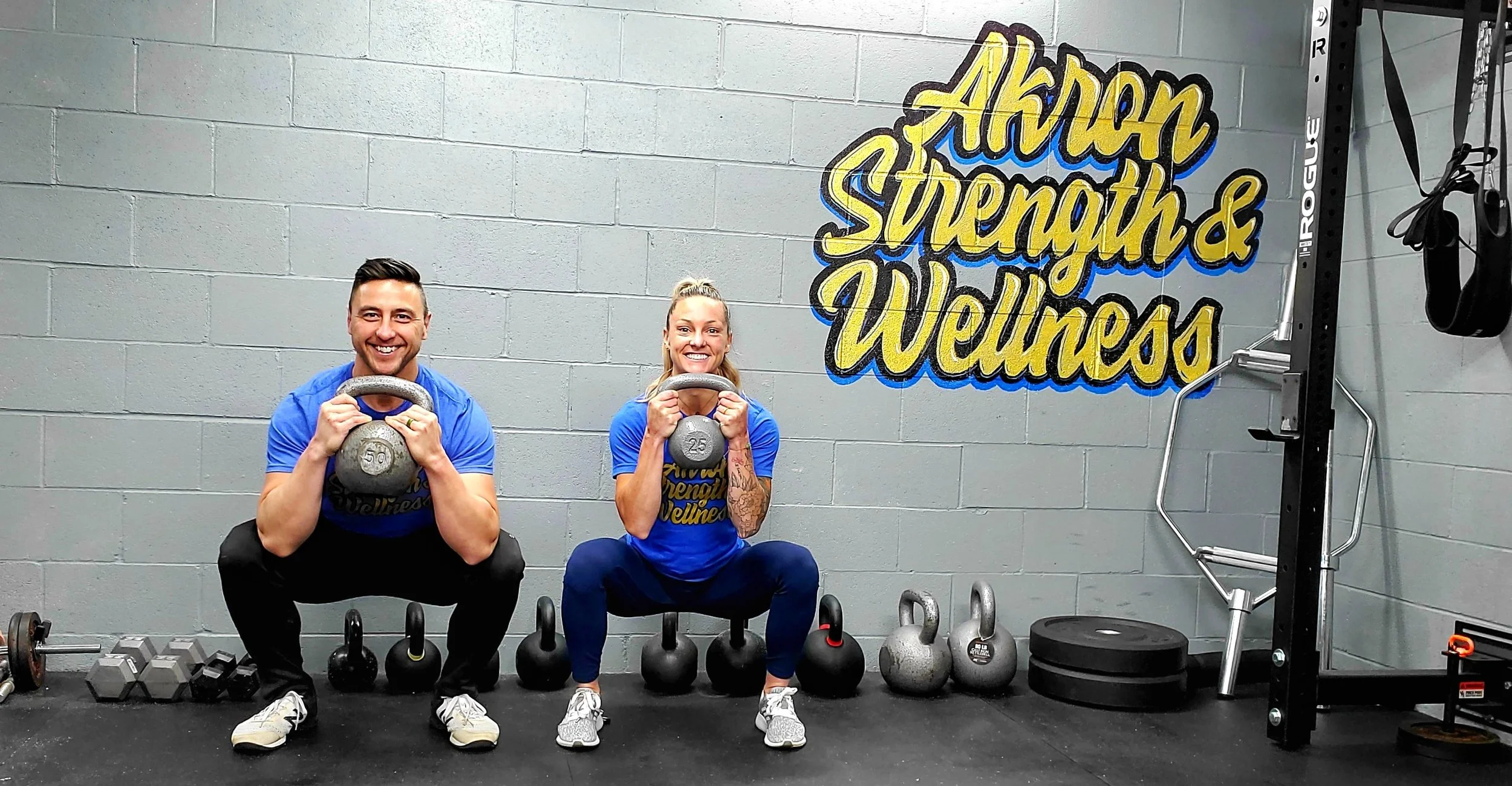Week One - It Starts with Awareness
Module 1-A: Why Awareness Matters

Week One - It starts with awareness
-
“The first step toward change is awareness. The second step is acceptance.” -Psychologist Nathaniel Branden
The beginning is the hardest part of any type of change. Think of your first workout after a long layoff, your first day at a new school or your first day at a new job. Things feel uncomfortable. Everything is new, alien. Time passes slowly and anxiously. Muscle memory is nowhere to be found.
On top of this, it can feel overwhelming to decide where to start making changes that seem to be so many and so drastic.
But the first step to becoming the healthy person you want to be starts with something very simple - awareness.
There can be a lot of fear and shame circling around the practice of awareness. We are often afraid to find out “how bad things are”. We connect our current eating habits to the measure of our character. We can attach judgments as we take a closer look at what we are doing. But it is through this awareness and acceptance where we discover the sum of our current actions. And one must map the lay of the land before we have an idea of where we need to go.
So what can food logging do for you?
-Give you information that is more scientifically sound and less based in emotion. A lot of people who are resistant to food logging will say things like, “I know what to eat, I just need to do it.” or “I am doing everything right, but I’m not losing weight” or “I eat pretty healthy”. Do you notice a theme in this language? It uses a lot of adjectives to describe what you do instead of verbs. It is subjective and tied to emotion. This combination can cause us to “block out”, underestimate and under-report what makes us look or feel bad about our eating habits. Logging your food gives you more accurate information that is more objective. And better information = better results!
-Help you understand how food affects your day-to-day life. You’ll be able to notice patterns in things like how what you are eating affects your energy levels, sleep quality, mood and if what you eat generally makes you feel good or crappy.
-Show you what your eating patterns are like. What windows of time do you generally eat? How often do you snack? What emotional triggers cause you to go off track?
You will learn all this and much more! The knowledge you gain will empower you, giving you actionable tasks that will take you away from fixed mindset thinking (“it’s bad genes”, being “big boned”, “slow metabolism”, etc.) and show you the power you have over your fitness.
Awareness is a practice - A choice that turns a cyclical, frustrating, narrow one-lane road into a path that sprays out into an abundance of possibilities. And it is a choice that requires courage. Courage to confront truths that are both pleasant and unpleasant.
This practice will not only give you the information you need to succeed, but will alleviate A LOT of the stress and anxiety around your nutrition.
“So how do we practice this awareness,” you may ask...
The Tools
The most underrated tool in any self-growth venture, whether it be weight loss or anything else, is tracking or journaling. The information you give yourself by logging in an app or writing things down will give you the power to know what to do next.
Through food journaling, you will discover a lot about your current nutrition and habits. In this first week, place focus on logging the foods you eat to raise your awareness about how you feel after each meal or snack. Does the meal leave you feeling full of energy and vibrant? Or does it leave you feeling weighed down and fatigued? Are you left feeling proud of the food you just fueled your body with? Or are you left feeling guilt and remorse?
The simple shift to awareness will allow you to ease into making small changes to your nutrition as you start to recognize foods that leave you feeling good versus foods that leave you feeling less than good. You may even start choosing better foods simply because you want to feel better.
MyFitnessPal is a highly recommended food journal app for its user-friendly interface. You can watch the video on how to get started
The Tasks
Log your food in a food tracking app, like MyFitnessPal, for the whole week. Don’t worry about trying to eat perfectly, just put your scientist hat on and see what you discover about your current eating habits. Are you noticing a lot of whole foods or processed foods? How do each of those make you feel while eating and after eating?
Questions to raise your awareness at the end of Week 1:
What are you getting enough of nutritionally?
What are you lacking that you need more of?
What foods that don’t line up with your goals are your biggest struggle?
How can you get just a little bit better in your problem areas next week?

